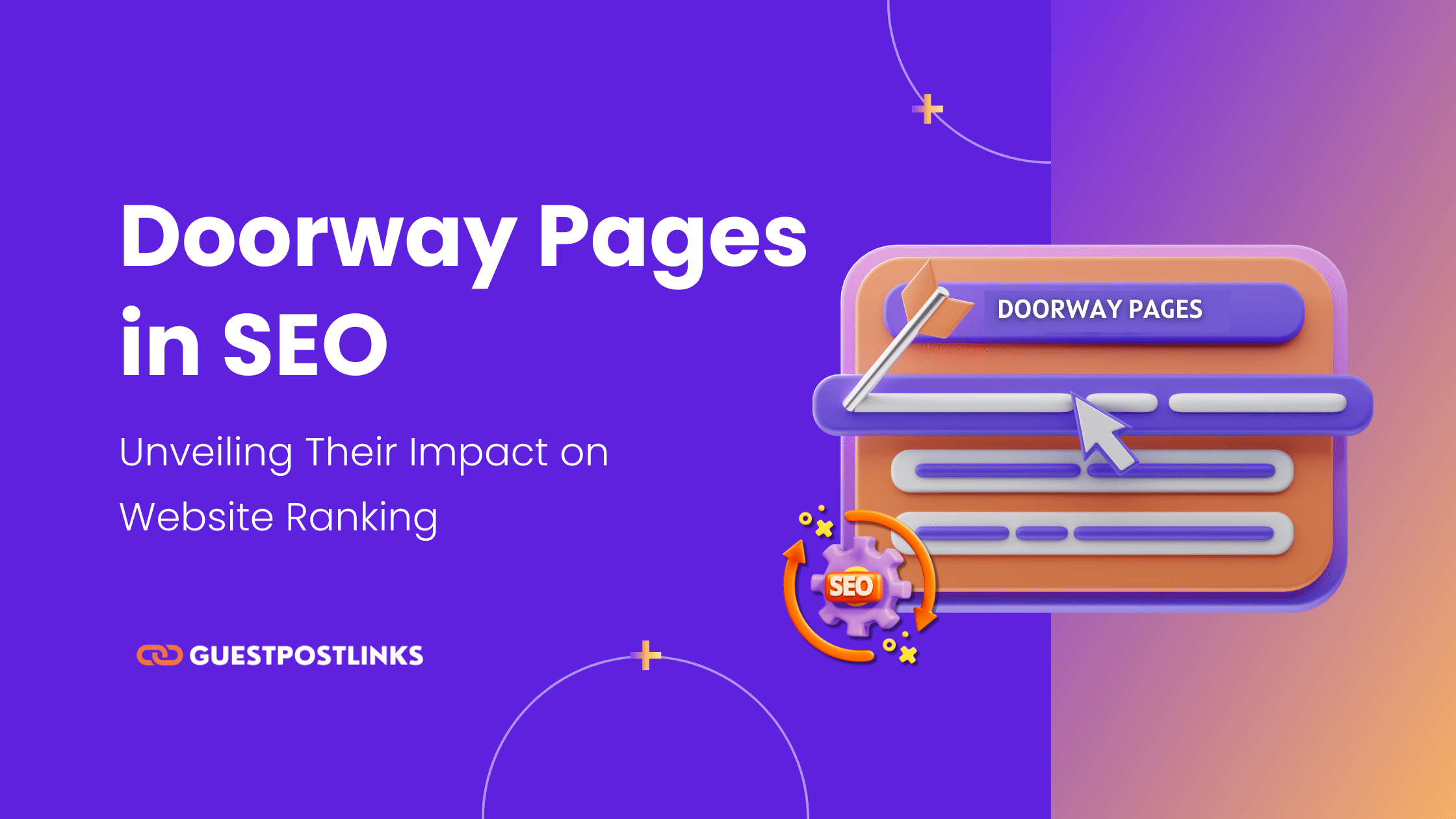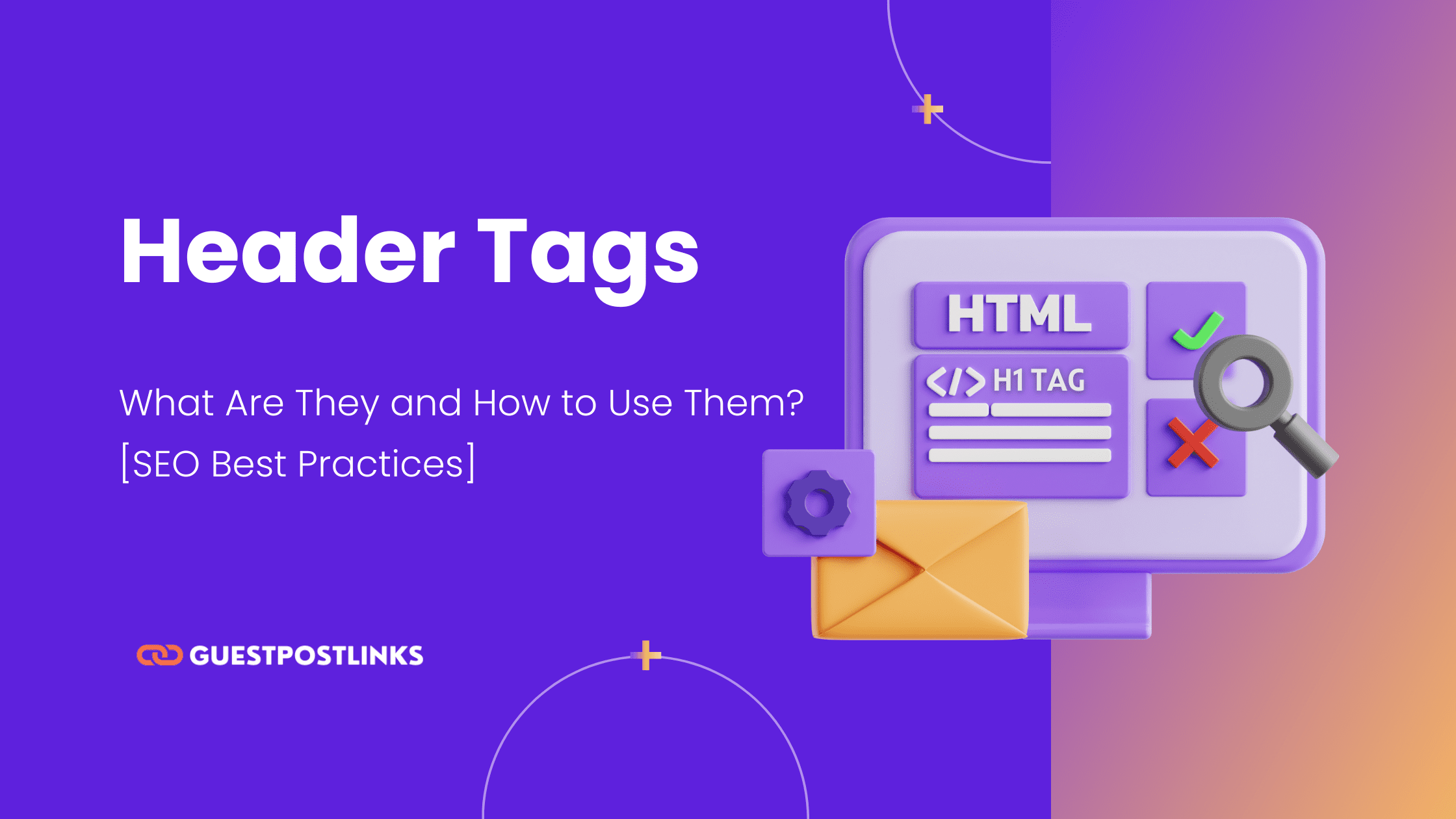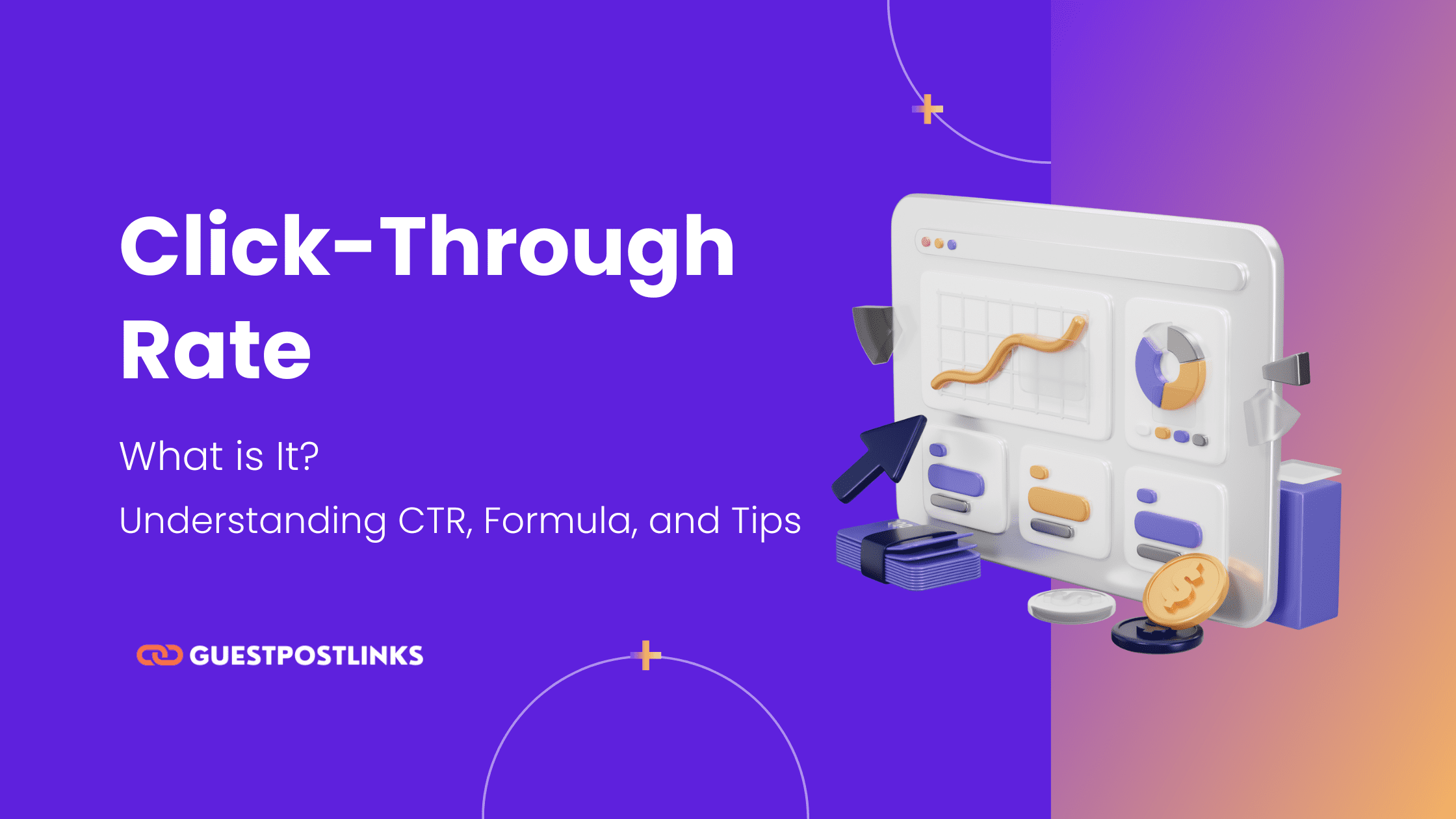Have you ever wondered why certain websites consistently dominate search engine rankings and attract a massive audience? These websites are known as “Authority Websites,” and they hold a position of influence and trustworthiness in their respective niches.
In this comprehensive guide, we will explore what makes a website an authority, how you can create one, and why it matters for your online success.
What Is An Authority Website?
An authority website is a platform that has established itself as a reliable and knowledgeable source of information within its niche. These websites are recognized by both search engines and their target audience as credible sources, which leads to higher organic traffic, increased user engagement, and a loyal following.
According to a recent survey, 78% of consumers believe that companies providing custom content are interested in building good relationships with them, reinforcing the importance of building trust through authoritative content.
Who Decides Which Sites Have Authority?
The authority of a website is determined by various factors, with two primary influencers being:
Search Engines
Search engines like Google utilize complex algorithms to evaluate and rank websites based on their content, relevancy, user experience, backlinks, and other SEO-related metrics. An authority website usually excels in these aspects, earning higher rankings in search results. According to Moz, the first page of Google captures 71% of search traffic clicks, emphasizing the significance of ranking high for building authority.
Your Audience
Ultimately, it is your audience that defines the authority of your website. If your visitors find your content valuable, informative, and trustworthy, they are more likely to share it, link to it, and return for more, strengthening your website’s authority in the process. A recent study by Forbes showed that 94% of consumers are more likely to be loyal to a brand that offers complete transparency.
How Do I Create An Authority Site?
Building an authority website requires a strategic approach and consistent effort. Here are the key steps to get you started on the path to authority:
Find Your Niche
Choose a specific niche or topic that you are passionate about and have expertise in. Focusing on a niche allows you to establish yourself as an authoritative figure in that particular field. According to a study, websites that focus on a specific niche have a higher chance of becoming an authority.
Do Extensive Keyword Research
Conduct thorough keyword research to identify the topics and phrases your target audience is actively searching for. Integrating these keywords into your content will help you address their queries and needs effectively.
Create Compelling Content
Content is the backbone of an authority website. Craft high-quality, well-researched, and valuable content that addresses your audience’s pain points, provides solutions, and establishes your expertise. According to recent data by Hubspot, websites that publish informative content regularly receive 97% more backlinks.
Revisit Your Strategy Regularly
Stay up-to-date with industry trends and continuously refine your content strategy. Consistently producing fresh, relevant, and authoritative content will keep your audience engaged and encourage others to link to your website.
Why Should You Care If Your Site Has Authority?
The benefits of having an authoritative website are numerous and can significantly impact your online success:
Everybody Knows Your Name
An authority website gains recognition and trust in its niche, making it a go-to resource for relevant information. People remember and recommend authority websites, increasing your brand visibility and credibility.
Audience Connections
With a loyal audience that trusts your content, you can foster a strong community around your website. This engagement can lead to more social shares, comments, and returning visitors, enhancing your website’s authority even further.
Better Search Engine Positioning
Search engines reward authority websites with higher rankings. By being an authoritative source, you are more likely to appear at the top of search results, driving organic traffic to your site.
What Are The Characteristics of An Authority Website?
Authority websites possess several distinct characteristics that set them apart from regular websites. These features contribute to their credibility, influence, and search engine rankings:
- Expertise and Authoritativeness: Authority websites demonstrate a high level of expertise in their chosen niche. They provide accurate, well-researched, and reliable information that establishes them as authorities in the field.
- Quality Content: The content published on authority websites is of the highest quality. It is comprehensive, informative, and valuable to the target audience, making visitors eager to return and share the content.
- Backlink Profile: Authority websites attract natural and relevant backlinks from other reputable websites which will build strong backlink profile. These backlinks act as endorsements, indicating to search engines that the content is trustworthy and deserving of higher rankings.
- User Experience: An authority website prioritizes user experience. This includes a well-designed layout, easy navigation, fast loading times, and mobile responsiveness, ensuring visitors have a positive interaction with the site.
- Consistency: Authority websites maintain a consistent publishing schedule, delivering fresh content regularly. This consistency fosters trust and reliability among the audience.
- Engagement: An authoritative website encourages user engagement through comments, social media interactions, and discussions, fostering a sense of community and loyalty.
How Do You Know if Your Website Is Authoritative?
Measuring the authority of your website requires analyzing various metrics and indicators:
Domain Authority (DA)
DA is a numerical score (ranging from 1 to 100) that predicts how well a website will rank on search engines. Websites with higher DA are considered more authoritative.
Backlinks
The number and quality of backlinks your website receives are a strong indicator of its authority. Earning backlinks from reputable sources signals to search engines that your content is trustworthy and valuable.
Organic Traffic
Higher organic traffic suggests that your content resonates with your target audience, potentially making your site more authoritative in the eyes of search engines.
Social Signals
The level of social media engagement, such as shares, likes, and comments, can indicate how well your content is received and how much influence your website wields in its niche.
Brand Mentions
If your website is frequently mentioned or referenced by other reputable websites or industry influencers, it indicates a certain level of authority.
What Is a Good Domain Authority Score?
Domain Authority scores are relative, and what’s considered a good score can vary depending on your niche and competitors. Generally, websites with a DA above 50 are considered quite authoritative. However, it’s essential to focus on improving your website’s authority rather than obsessing over specific scores.
What’s the Difference Between a Niche Site and an Authority Website?
The main difference between a niche site and an authority website lies in their scope and purpose:
Niche Site
A niche site focuses on a narrow topic or specific keyword with the aim of ranking high for that particular keyword and attracting targeted traffic. Niche sites usually have a smaller audience and may not establish the same level of authority as larger websites.
Authority Website
In contrast, an authority website covers a broader range of topics within its niche and seeks to establish itself as a trustworthy source of information in the industry. Authority websites have a larger audience, attract more backlinks, and enjoy better search engine rankings.
Are Three Different Types of Authority Sites?
Yes, there are three main types of authority sites:
- Local Content Websites: These authority sites focus on providing valuable and location-specific content, catering to a local audience. They often cover topics such as local events, business listings, and community information.
- News Outlets: News-based authority websites deliver up-to-date and credible news content on specific industries, regions, or global events.
- Industry Websites: Industry-focused authority sites specialize in delivering comprehensive information, trends, and insights within a particular field. They cater to professionals, enthusiasts, and anyone seeking in-depth knowledge about the industry.
Does Your Content Affect Authority?
Absolutely! Content is the driving force behind authority websites. High-quality, informative, and relevant content establishes trust with your audience and encourages other websites to link back to your content. This, in turn, boosts your website’s authority in the eyes of search engines and visitors alike.
How Long Does It Take To Build an Authority Website?
Building an authority website is a long-term endeavor that requires patience, consistent effort, and strategic planning. Depending on your niche, competition, and the quality of your content, it may take several months to a year or more to establish a solid authority.
How Can You Improve Your Website’s Authority?
To enhance your website’s authority, consider the following strategies:
- Produce Exceptional Content: Focus on creating content that genuinely helps and engages your audience. Well-researched and valuable content will naturally attract more links and shares.
- Build Quality Backlinks: Seek opportunities to earn backlinks from reputable websites in your niche. Networking, guest posting, and creating shareable content can aid in this process.
- Be Consistent: Regularly update your website with fresh content to maintain audience interest and attract new visitors.
- Engage with Your Audience: Respond to comments, encourage discussions, and interact with your audience on social media platforms to build a loyal community.
- Optimize for SEO: Pay attention to on-page and technical SEO factors to improve your website’s visibility and ranking potential.
Conclusion
Creating an authority website is a powerful strategy for attracting organic traffic, building a loyal audience, and becoming a trusted resource in your niche. By consistently producing valuable content, building backlinks, and engaging with your audience, you can establish yourself as an authority in your industry, leading to long-term success and influence.
FAQs
The authority of a website can be measured through metrics such as Domain Authority (DA), backlinks, organic traffic, social signals, and brand mentions.
Authority is crucial because it helps websites rank higher in search results, gain credibility and trust among their audience, and attract more organic traffic.
Factors influencing website authority include content quality, backlink profile, user experience, audience engagement, and domain age.
Authority sites can monetize through various methods, such as advertising, affiliate marketing, sponsored content, and selling digital products or services.
Building domain authority is a gradual process that can take several months to a year or more, depending on your website’s efforts and the competitiveness of your niche.





 No publishers in the cart.
No publishers in the cart.